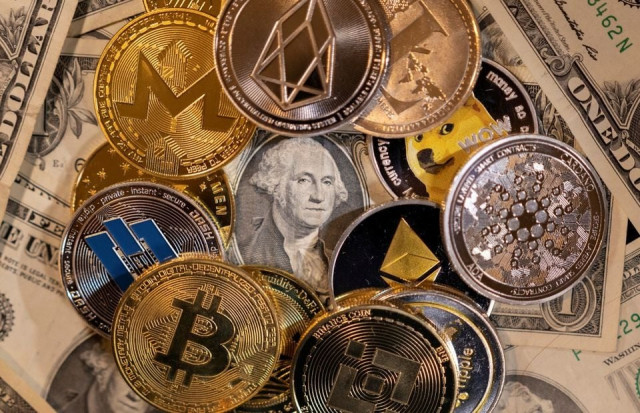G20 finance ministers emphasised the crucial importance of central bank independence on Friday, a direct message delivered after months of escalating criticism from US President Donald Trump directed at Federal Reserve Chair Jerome Powell.
This communique, issued under South Africa’s G20 presidency, marks a rare moment of consensus for the influential bloc, which has often been divided by the drastic trade policies of its largest member, the United States.
“Central banks are strongly committed to ensuring price stability… and will continue to adjust their policies in a data-dependent manner,” stated the group, which collectively represents over 80 per cent of the world’s economic output, following their meeting in South Africa.
The statement, notably signed by the United States, underscored that “Central bank independence is crucial to achieving this goal.”
Trump has consistently lambasted Powell for not accelerating interest rate cuts, even resorting to disparaging terms like “numbskull” and “moron.”
On Friday, Trump further intensified his criticism, calling Powell, whose term ends in May 2026, “one of my worst appointments.” This latest attack followed suggestions that the 72-year-old banker could be dismissed for “fraud” related to his handling of a renovation project at the Federal Reserve headquarters.
US Treasury Secretary Scott Bessent was absent from the two-day meeting in Durban, with Washington represented instead by acting undersecretary for international affairs Michael Kaplan.
Bessent also skipped a similar meeting in February, and US Secretary of State Marco Rubio did not attend a G20 foreign ministers’ gathering.

Since returning to power in January, Trump has disrupted global trade norms with a series of stop-start tariffs, unsettling investors and governments worldwide, including the G20 (comprising 19 nations, the European Union, and the African Union).
US tariffs are set to increase from 10 per cent to higher levels for dozens of economies, including the EU, starting August 1. A separate 50-per-cent duty on copper imports will also take effect.
The G20 communique stressed the need for stronger cooperation and acknowledged that the World Trade Organisation (WTO) requires reform to be “more relevant and responsive in light of today’s realities.”
The United States is scheduled to succeed South Africa as G20 chair at a November summit in Johannesburg, although Trump’s attendance remains uncertain.
EU Commissioner for Economy Valdis Dombrovskis viewed the joint communique, which outlined global economic challenges and trade tensions, as a sign of the US’s “willingness to have constructive engagement.”
He added that discussions at the luxury resort focused on how to “preserve the rules-based multilateral trading system.”
South Africa’s Finance Minister Enoch Godongwana conceded that achieving consensus in the current environment was “difficult” but deemed it a “huge success.”
The International Monetary Fund (IMF) noted that “high levels of policy uncertainty” dominated the talks and urged countries to resolve trade tensions.
The G20 leaders also set an objective to find a “balanced and practical solution” for a global minimum tax of 15 per cent. This initiative aims to prevent multinational corporations from reducing their tax liabilities by registering in low-tax nations.
However, last month, the G7 nations agreed to exempt US multinational companies from the OECD-negotiated tax, a win for the Trump administration, which strongly advocated for this compromise.
Anti-poverty charity Oxfam criticised G20 inaction on this front, stating it would be a “betrayal” and that “the money is there—it’s time to tax the super-rich and excessive fossil fuel profits.”










